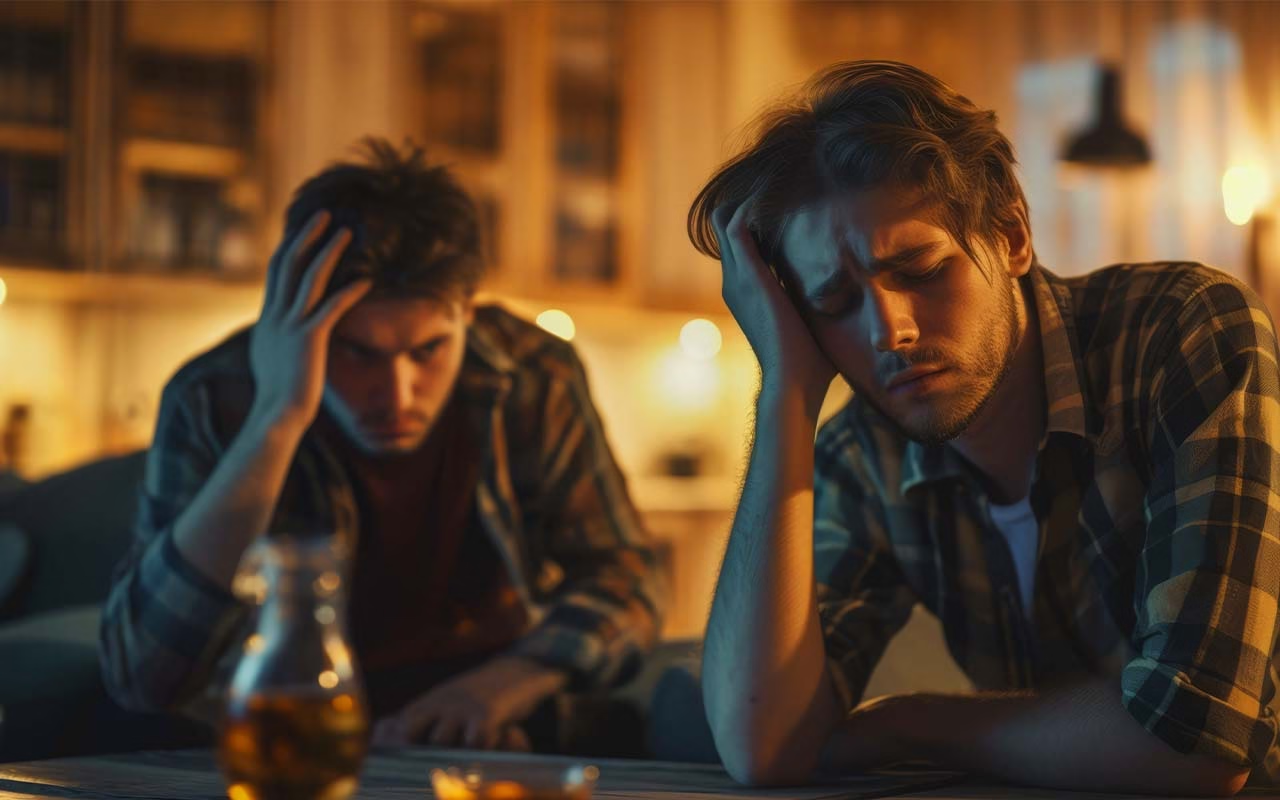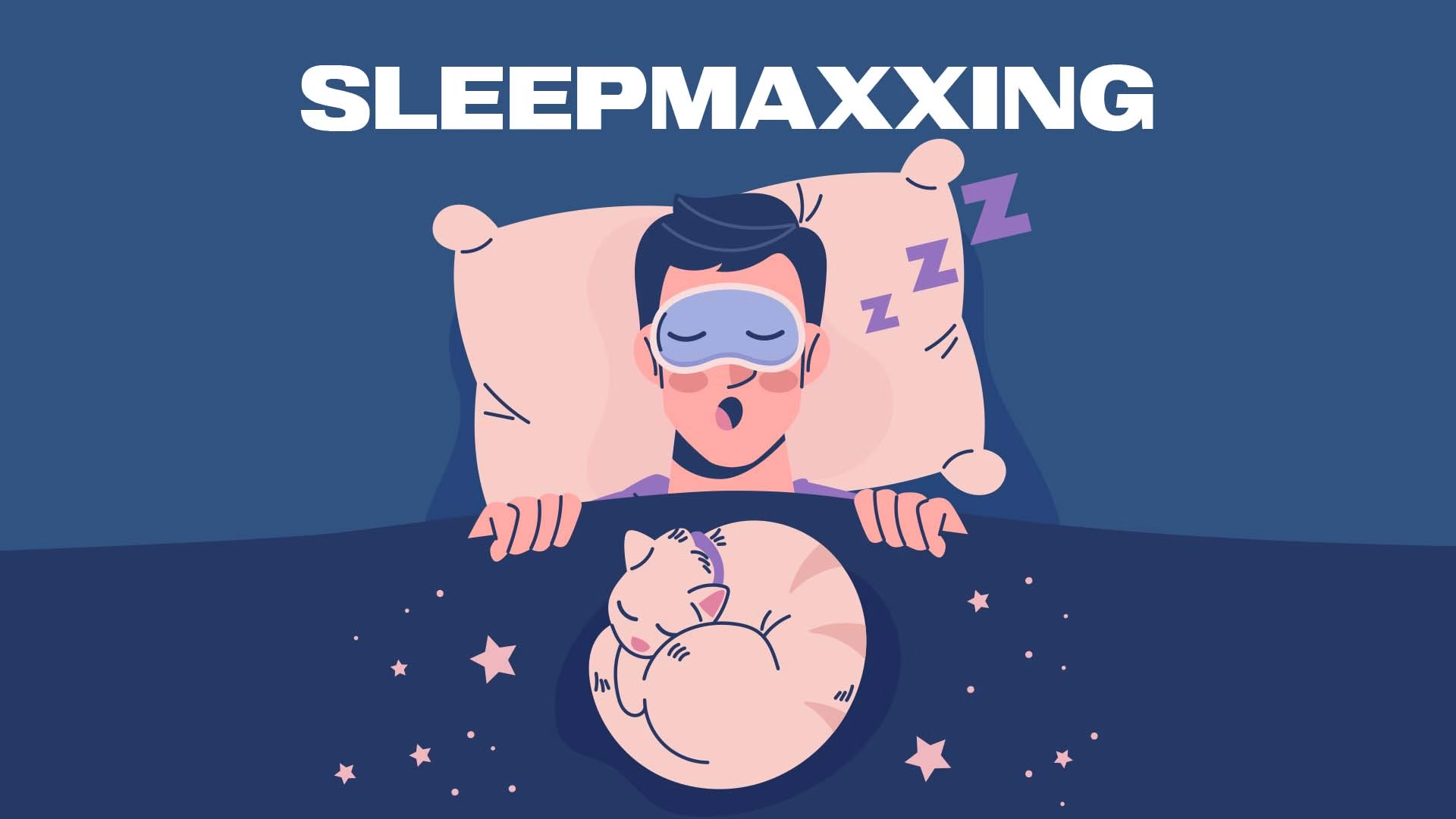Symptoms and Connections: What’s Going On When You Can’t Sleep?
Imagine this: you’re exhausted, finally drift off, and suddenly you’re up, sweating, confused, maybe even sleepwalking. Or worse — you’re paralyzed, aware of your surroundings, but completely frozen in your bed. Welcome to the strange world where parasomnia and insomnia intersect.
While parasomnia refers to unusual behaviors during sleep (like nightmares, sleepwalking, or night terrors), insomnia is the struggle to fall or stay asleep. But here’s the kicker — these two often feed into each other, forming a vicious cycle that disrupts your nights and drains your days.
What Is Parasomnia and Insomnia — and How Do They Affect Your Body?
Let’s break it down:
Parasomnia
This is a group of sleep disorders that involve abnormal movements, behaviors, emotions, perceptions, or dreams. It includes:
- Sleepwalking
- Night terrors
- Sleep paralysis
- Exploding head syndrome (yes, that’s a thing!)
- Sleep talking
- REM sleep behavior disorder
These events usually happen during transitions between sleep stages, especially from deep sleep to lighter sleep or wakefulness.
Insomnia
On the flip side, insomnia is the inability to fall asleep, stay asleep, or feel rested after sleep. It affects focus, energy, mood, and even physical health.
Now, if parasomnia keeps interrupting your sleep, guess what that causes? Yep — insomnia.
Why Do Parasomnia Symptoms Cause Insomnia?
Here’s how the connection works:
Disruptive Sleep Events
Parasomnia behaviors often wake the sleeper — sometimes repeatedly. These interruptions reduce total sleep time and destroy the deep, restorative stages of sleep.
Fear of Falling Asleep
People with intense or frightening parasomnia (like night terrors or sleep paralysis) often develop anxiety around sleeping. This anxiety alone can trigger insomnia.
Poor Sleep Quality
Even if you don’t wake up fully, your brain isn’t reaching restful sleep stages. That leaves you feeling tired and wired, even after 8 hours in bed.
Sleep-Related Trauma
Chronic parasomnia can cause emotional trauma or PTSD-like symptoms, which again leads to insomnia and fragmented sleep patterns.
How to Sleep Better Despite Parasomnia Symptoms
Here’s where it gets practical — and hopeful.
1. Keep a Sleep Diary
Track your sleep habits and episodes. Note the time, duration, triggers, and feelings before/after sleep. Patterns can help identify what makes your parasomnia worse.
2. Create a Safe Sleep Environment
If you sleepwalk or act out dreams, clear sharp objects, install bed rails, and lock doors/windows.
3. Consistent Sleep Schedule
Go to bed and wake up at the same time daily — even weekends. This trains your circadian rhythm to stabilize both parasomnia and insomnia.
4. Relaxation Techniques Before Bed
Try:
- Deep breathing
- Guided meditation
- Progressive muscle relaxation
- Light reading (non-digital!)
These lower stress hormones and ease your body into a restful state.
5. Avoid Triggers
Limit:
- Caffeine after noon
- Alcohol
- Heavy meals at night
- Late-night screen time
These can all spark parasomnia episodes and increase nighttime arousals.
6. Try Natural Sleep Aids
Some helpful options include:
- Magnesium glycinate
- Valerian root
- Lavender essential oil
- Melatonin (low dose, short-term)
Always check with a doctor before adding supplements.
When Should You See a Doctor?
While occasional parasomnia isn’t always dangerous, there are signs you shouldn’t ignore:
🚨 See a doctor if you:
- Frequently injure yourself or others during sleep
- Wake up extremely confused or anxious
- Feel chronically tired despite hours in bed
- Experience sleep paralysis or night terrors more than once a week
- Sleepwalk regularly as an adult
- Feel scared to fall asleep
You might need a sleep study or a visit to a sleep specialist to rule out underlying causes like sleep apnea or neurological conditions.
Recommended Product for Sleep Well-Being
Enhance your sleep with this [Product], designed to promote relaxation and comfort. Take the first step towards better sleep tonight.
[Click Here to Learn More and Improve Your Sleep]
FAQs About Parasomnia and Insomnia
Q: Can stress cause both parasomnia and insomnia?
Yes! High stress levels disrupt sleep architecture and increase the likelihood of both conditions.
Q: Is parasomnia dangerous?
It can be. Sleepwalking or acting out dreams can lead to injury or accidents if not addressed.
Q: Can children have parasomnia and insomnia?
Absolutely. Night terrors and sleepwalking are common in kids and can interfere with their rest.
Q: Are there medications for parasomnia-related insomnia?
Doctors may prescribe low-dose sedatives, antidepressants, or melatonin — but lifestyle and behavioral therapy are first-line treatments.
Q: Is CBT helpful?
Yes! Cognitive Behavioral Therapy for Insomnia (CBT-I) is one of the most effective long-term treatments.
Conclusion: You Deserve Real Rest — Let’s Make It Happen
Parasomnia and insomnia can make your nights feel like a battleground. But here’s the truth — you can break the cycle.
By understanding how these conditions connect, making smart lifestyle changes, and knowing when to seek help, you can take back your nights — and your peace.
If this post helped you, share it with someone struggling with strange sleep symptoms. Sleep disorders are more common than we think, and knowledge is the first step toward healing.


